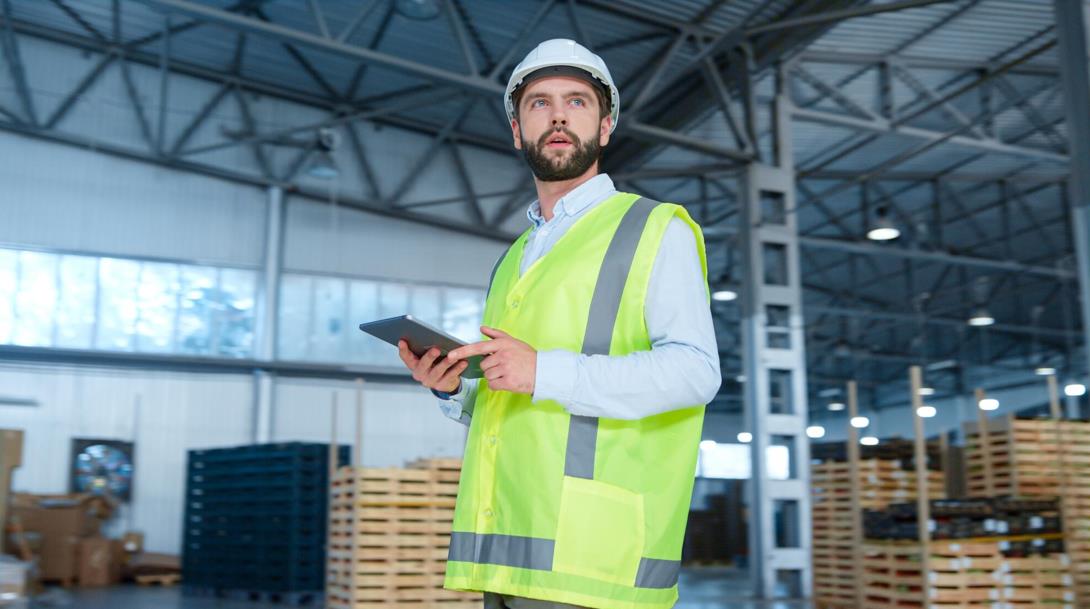Before buying or leasing a commercial property, one smart move can save you thousands — getting a commercial inspection. It’s a detailed look at the building’s condition and helps you make better decisions.
A proper inspection can reveal hidden issues that aren’t visible during a casual walk-through. Whether you’re a buyer, tenant, or property manager, knowing what you’re getting into is essential.
Below, we break down what commercial inspections involve and why they matter for your investment.
What is a Commercial Inspection?
A commercial inspection is a detailed check-up of a commercial property’s physical condition. It looks at structural elements, major systems, and potential safety issues.
The goal is to give buyers, tenants, or property managers a clear picture of what they’re dealing with. Inspectors go beyond surface-level checks. They examine things like plumbing, HVAC, electrical, roofing, and even parking lots.
This helps identify hidden problems early. Knowing these issues before signing a lease or making a purchase is smart. It protects your investment and your budget. Commercial inspections are often the deal-maker — or deal-breaker.
Why Timing Matters in Commercial Inspections
Timing is everything when scheduling a commercial inspection. It’s best to conduct it before closing a deal or signing a lease. This ensures that you have a full understanding of the property’s current state. If problems are found, you still have room to negotiate.
You might ask for repairs or adjust the price. Waiting until after the agreement is final reduces your options. Many issues found late become your responsibility.
An early inspection also gives more time for follow-up reviews if needed. Smart timing leads to better decisions.
What Gets Inspected in a Commercial Property?
A commercial inspection covers the building from top to bottom. Inspectors check the roof, foundation, walls, and windows. Electrical panels and wiring are reviewed for safety and function. Plumbing systems are tested for leaks or corrosion.
HVAC systems are examined to ensure proper heating and cooling. Fire safety features like alarms and sprinklers are also included. Even elevators and parking areas are inspected. Everything is documented so you know what’s good — and what’s not.
Common Issues Found During Inspections
Some problems show up more often than others. Leaky roofs, old wiring, and faulty plumbing are common. HVAC systems might be outdated or not working efficiently.
Structural cracks in walls or foundation shifts are red flags. Inspectors also find code violations or safety hazards. Mold or water damage can be hidden and costly to fix.
Poor maintenance is another issue seen frequently. A detailed inspection brings these problems to light. That way, you’re not caught off guard later.
The Role of Commercial Inspectors
Commercial inspectors are trained professionals who know what to look for. They follow industry standards to assess a building’s condition. Their role is not to fix problems but to find them. They provide an objective view based on facts.
This allows buyers or tenants to make informed choices. Inspectors use tools like moisture meters, thermal cameras, and ladders to do the job. They often work with engineers or specialists for complex systems. Trusting their report can prevent future regret.
How Inspections Affect Property Value
A solid inspection report can support a property’s asking price. It shows that the building is in good shape and well maintained. On the other hand, a poor report might reduce value or delay a sale.
Buyers use reports to negotiate better terms. Lenders may also require inspections before financing. A clean bill of health can give your property a competitive edge.
If repairs are needed, fixing them boosts the building’s appeal. Either way, inspections tie directly into property value.
Inspections and Safety Compliance
Safety is a top concern in any commercial space. An inspection helps ensure the property meets safety codes. Inspectors check fire exits, lighting, sprinklers, and more. If something’s missing or faulty, it’s flagged for correction.
This protects everyone who uses the space. Failing to comply with safety standards can lead to fines or legal trouble. Staying proactive with inspections avoids that risk. It’s also a way to show your tenants or staff that you care about their well-being.
Inspections Before Leasing a Commercial Space
Tenants need to know what they’re signing up for. An inspection before leasing helps uncover any major issues. It can prevent you from moving into a building with hidden problems. If repairs are needed, you can ask the landlord to handle them.
The inspection might also influence the length or terms of the lease. Don’t assume everything is fine just because the space looks good. It’s what’s behind the walls that counts. This step protects both your budget and operations.
Inspections Before Buying Commercial Property
Buying a commercial building is a huge investment. A thorough inspection is one of the smartest steps you can take. It helps confirm that the property is worth the asking price. It also brings up any future expenses, like HVAC or roofing repairs.
Lenders often request an inspection before approving loans. It’s not just about protecting your money — it’s about making a wise business decision.
Like Georgia commercial inspections or any in other states, the process follows consistent industry practices. It gives you the facts you need before closing the deal.
Understanding the Inspection Report
Once the inspection is done, the inspector provides a report. This document outlines everything found during the visit. It includes photos, notes, and sometimes repair estimates. You’ll find both major issues and minor concerns listed.
Use this report to guide your decisions. Share it with contractors if repairs are needed. Keep a copy for your records — it might come in handy later. Don’t ignore the report; use it as a roadmap for action.
It Is Essential to Have Commercial Inspections
Commercial inspections aren’t just a box to check — they’re a smart, practical move for anyone dealing with commercial properties. They offer real insight, protect your investment, and help you avoid nasty surprises.
Whether you’re buying, leasing, or managing, take the time to get a thorough inspection. It could make all the difference in your bottom line.
For more like this, stop by our blog page anytime.











